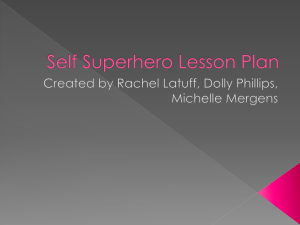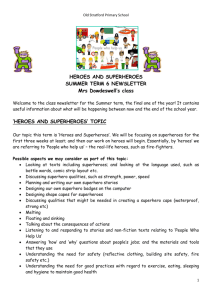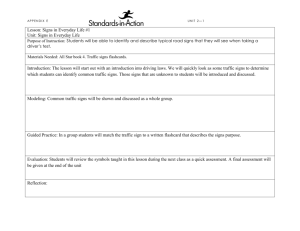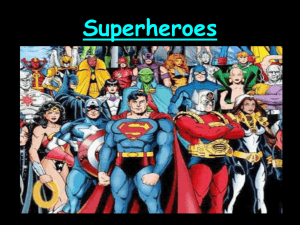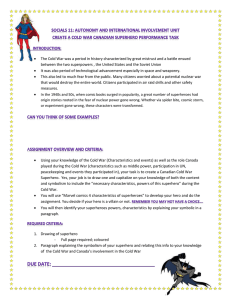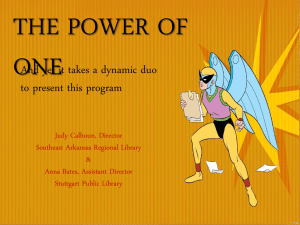Y1- HA - Lum Head Primary School
advertisement
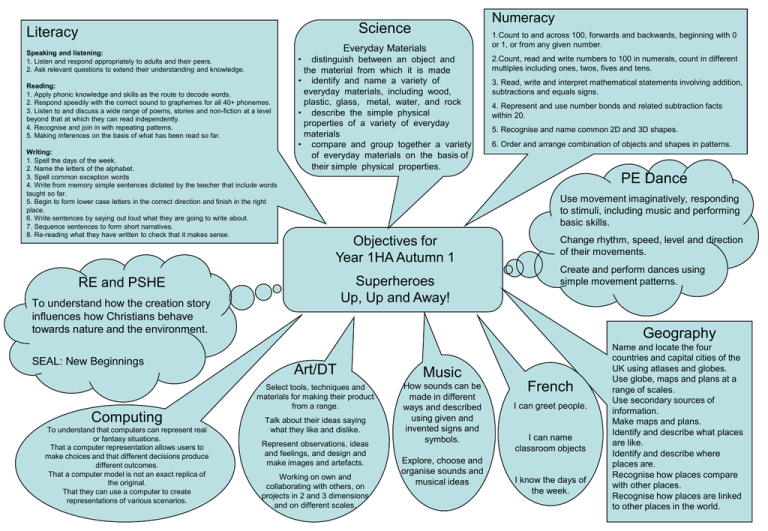
Numeracy Science Literacy Everyday Materials Speaking and listening: 1. Listen and respond appropriately to adults and their peers. 2. Ask relevant questions to extend their understanding and knowledge. • Reading: 1. Apply phonic knowledge and skills as the route to decode words. 2. Respond speedily with the correct sound to graphemes for all 40+ phonemes. 3. Listen to and discuss a wide range of poems, stories and non-fiction at a level beyond that at which they can read independently. 4. Recognise and join in with repeating patterns. 5. Making inferences on the basis of what has been read so far. Writing: 1. Spell the days of the week. 2. Name the letters of the alphabet. 3. Spell common exception words 4. Write from memory simple sentences dictated by the teacher that include words taught so far. 5. Begin to form lower case letters in the correct direction and finish in the right place. 6. Write sentences by saying out loud what they are going to write about. 7. Sequence sentences to form short narratives. 8. Re-reading what they have written to check that it makes sense. distinguish between an object and the material from which it is made • identify and name a variety of everyday materials, including wood, plastic, glass, metal, water, and rock • describe the simple physical properties of a variety of everyday materials • compare and group together a variety of everyday materials on the basis of their simple physical properties. Computing 3. Read, write and interpret mathematical statements involving addition, subtractions and equals signs. 4. Represent and use number bonds and related subtraction facts within 20. 5. Recognise and name common 2D and 3D shapes. 6. Order and arrange combination of objects and shapes in patterns. Use movement imaginatively, responding to stimuli, including music and performing basic skills. Objectives for Year 1HA Autumn 1 Superheroes Up, Up and Away! To understand how the creation story influences how Christians behave towards nature and the environment. To understand that computers can represent real or fantasy situations. That a computer representation allows users to make choices and that different decisions produce different outcomes. That a computer model is not an exact replica of the original. That they can use a computer to create representations of various scenarios. 2.Count, read and write numbers to 100 in numerals, count in different multiples including ones, twos, fives and tens. PE Dance RE and PSHE SEAL: New Beginnings 1.Count to and across 100, forwards and backwards, beginning with 0 or 1, or from any given number. Change rhythm, speed, level and direction of their movements. Create and perform dances using simple movement patterns. Geography Art/DT Music Select tools, techniques and materials for making their product from a range. How sounds can be made in different ways and described using given and invented signs and symbols. Talk about their ideas saying what they like and dislike. Represent observations, ideas and feelings, and design and make images and artefacts. Working on own and collaborating with others, on projects in 2 and 3 dimensions and on different scales. Explore, choose and organise sounds and musical ideas French I can greet people. I can name classroom objects I know the days of the week. Name and locate the four countries and capital cities of the UK using atlases and globes. Use globe, maps and plans at a range of scales. Use secondary sources of information. Make maps and plans. Identify and describe what places are like. Identify and describe where places are. Recognise how places compare with other places. Recognise how places are linked to other places in the world. Science Literacy Reading We will be continuing the Letters and Sounds programme to develop our phonics for reading and writing. We will be listening to and reading a range of stories, poems and information books about materials and directions, maps and places in the UK. Writing Forming lowercase letters and capital letters. Numeracy We will be exploring different types of everyday materials in the classroom. Counting forwards and backwards starting at any number. We will be exploring our school looking at the different materials it is made from. Practise reading and writing numbers to 100 and beyond. Explore our homes for different materials. Read and write numbers in digits – to 20. We will be sorting materials into groups to see if they have similar properties. We will work in groups to sort the objects and to label the groups. Learn number bonds to 20 and the related subtraction facts. Finding 1 more and 1 less than any given number. Write and understand simple sums involving + - and = We will be writing stories about our Superheroes. Dream boards – Children's dreams about being a superhero. We will explore what materials superheroes use for their special objects. We will be writing descriptions about Superheroes. PE Material poems linked to Superheroes. News reports and places in the UK linked to Superheroes. RE and PSHE Understanding the meaning of Creating. Exploring emotions attached to creation and what it feels like when it is broken. Seeing how people look after the world and the different ways they don’t. What ways can we make this a better world that God would be proud of? Create a poster using Pic Collage, helping people remember how to look after the world. Art/DT Activities for Year 1HA Autumn 1 Superheroes Up, Up and Away! Geography We will be making maps of our school and local area for our superheroes to use. Creating musical instruments using everyday materials. Dream boards, backdrops. Singing common rhymes and adding our own music to them. We will be building UK landmarks using everyday materials. Use Paint to create UK landscapes (mixing colours). French Music We will be designing and making our own superhero masks and capes using everyday materials. Use paint to create pictures of everyday materials to show texture. Using dance as an expression of numeracy and art. We will be creating different and challenging shapes with our bodies and performing a range of movements choreographed in small groups. Listening to pieces of superhero music and identifying the instruments. We will be learning how to greet people in French using songs. We will learn the days of the week using the week song and we will be able to name some classroom objects. . We will be pin pointing where Mr Bear (Super Bear) has been on his journeys. We will use the iPads to explore different cities in the UK and learn about their landmarks and features. To showcase our learning, we will use the iPads to create a news report in small groups about our superheroes protecting the UK.
